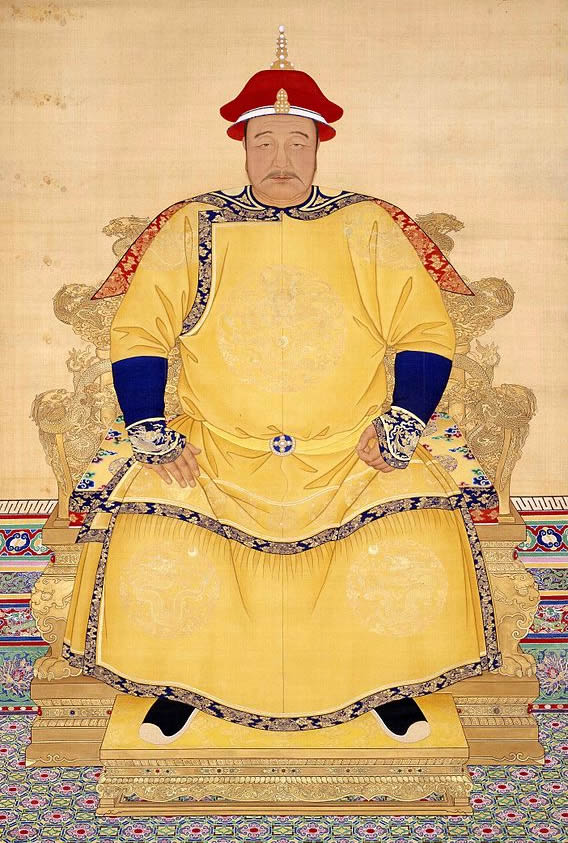Abahai (also named Hung Taiji) was the eighth son of Nurhaci, a Jurchen tribal chieftain who founded the Manchu state in what is today northeastern China. Elected by the Hosoi Beile, or council of clan princes and nobles, in 1623 to be his father’s successor, Abahai built upon his father’s foundations for a Manchu state during the last years of China’s Ming dynasty. In 1644, his son was proclaimed emperor of the Qing (Ch’ing) dynasty, assuming leadership of China as the Ming dynasty collapsed.
The Jurchen tribal people who lived in Manchuria, a frontier region of the Chinese Ming Empire, did not recognize the right of firstborn sons to succeed their fathers. Because of this, all the ruler’s sons were eligible to succeed him in an election by their fellow tribal leaders.
Abahai was elected and continued his father’s unfinished work. He expanded the powerful Banner Army that consisted of Manchu, Mongol, and Han Chinese units and used it to consolidate control of the Liaoyang area in southern Manchuria.
  |
Next he used his military forces to subjugate Korea, forcing its government to transfer its vassal relationship from the Ming dynasty to him. Abahai then conquered the Amur region of northern Manchuria and the Mongols of eastern Mongolia. His next move was to set up a civil administration in the capital city of Shenyang in 1631.
The six ministries and other institutions he implemented were copied from the Ming government, and he staffed them with many Han Chinese administrators. In 1635, he gave his people a new name, Manchu (from Jurchen), and changed his dynastic name from Hou Jin (Hou Chin, adopted by Nurhaci, which means “Later Jin,” after the Jin dynasty that ruled northern China 1115–1234).
By this act, he disssociated his dynasty with the Jin, who had conquered northern China after much bloodshed. Instead he adopted the dynastic name Qing (or Ch’ing, which means “pure”), and he assumed the title emperor rather than khan, which had been his father’s title, because of its nomadic associations.
In 1640, Abahai attacked Jinzhou (Chinchow) at the southern tip of Manchuria, defeating a Ming force. This victory brought the Manchus to the key eastern pass of the Great Wall, Shanhaiguan (Shanhaikuan, or Mountain and Sea Pass). However, this formidable fortress was defended by a strong Ming army, and Abahai was not ready to challenge it. He died in 1643 before he could do so.
Abahai continued his father, Nurhaci’s, work of building up Manchu power, and he transformed the Manchus from a frontier tribal vassal of the Ming Empire to become its rival. Under his rule, a collaborative relationship developed among the Manchus, the Mongols, and the Han, or ethnic, Chinese.
The adoption of the Chinese model of a bureaucratic administration and its inclusion of Han Chinese would characterize the Qing Dynasty and account for its success in conquering and ruling China.
